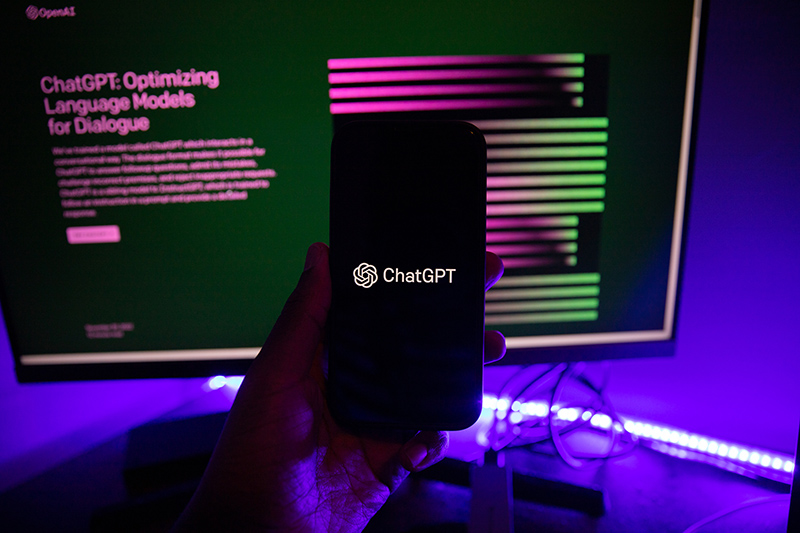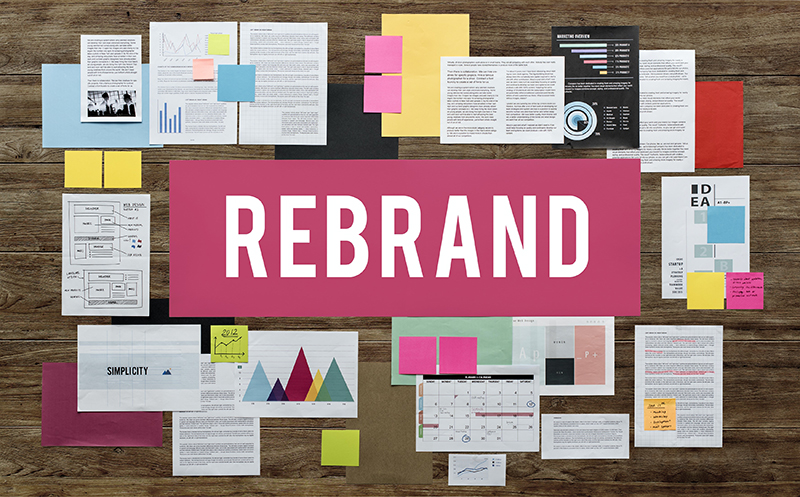
At the end of November 2022, the digital community became a witness to an AI chatbot revolution. It took ChatGPT only 5 days to surpass 1 million users, and the dust hasn’t settled yet. Its power intrigues and intimidates most people. They cannot help but wonder what its limits are and how its use will impact industries, jobs, and the world. While most of us are still exploring what the model can do, marketers have already found its use in this industry. Continue reading to find out in what areas of digital marketing ChatGPT has proved to be most effective so far.
What is ChatGPT?
OpenAI launched a cutting-edge chatbot system driven by AI. Based on Generative Pre-Trained Transformer (GPT), it can process commands and produce output accurately and efficiently. Some of GPT’s strong suits are natural language processing and natural language generation. That’s why the chatbot is widely praised for its conversational nature. It’s able to answer most complex questions, correct mistakes, and generate various types of content. In fact, it can execute a wide range of actions received via a prompt.
How Can It Be Used in Digital Marketing?
Based on what we know so far, the chatbot can assist most marketing activities and deliver efficient and meaningful results. Some of the aspects where it can help the most include keyword research, content generation, email marketing, and customer service.
Keyword Research
SEO specialists can rely on ChatGPT to help them with keyword research. By entering a prompt with a related term or topic, they get a list of related keywords to use for developing content strategies. All they have to do is enter a prompt containing a related term or topic. The tool will generate a list of keywords related to the given term. It’s even possible to translate them or to generate long-tail keywords of a particular length. Depending on the strategy, Latent Semantic Indexing (LSI) is also an option.
Besides searching for keywords, marketers can direct AI to extract keywords from a content piece. It’s particularly useful when they want to see which phrases their competitors used in their content or what its outline is. Similarly, the tool can classify them based on a topic or search intent.
Content Generation
ChatGPT is useful in content writing as well. Thanks to its extensive database, it can generate enough ideas to get the content creator’s creative juices flowing. Then, whenever they lack inspiration for the next project, a simple query for the most frequently asked questions online is a great starting point, especially if they’re looking to narrow down a broad topic.
Apart from being a fertile source of ideas, it can also help writers produce large volumes of content quickly. For example, it can write a song, research paper, essay, etc. With detailed and concise instructions, the tool needs less time to create content pieces than humans do. However, the authenticity of the produced content is questionable. Since it relies on its database, it’s prone to repetition and inaccuracies. Such content won’t stay under Google AI’s radar, and it might question the entire website’s authority.
Email Marketing
Creating newsletters is a tedious task for many content and copywriters. With AI, it isn’t the case anymore. Before resorting to it, it’s necessary to think about the copy in terms of its audience, engagement, message, tone, and, ultimately, action. Having a defined goal helps make the most out of this experience. Thinking about what the AI assistant should do is a good start.
The goal should drive the instruction for the tool and provide context for a better response. If the response is too generic or vague, asking for alternatives or asking follow-up questions could make it more specific. Also, it’s possible to limit the output if it’s too long or too complicated by adding a number of characters in the instruction.
Customer Service
According to Salesforce Research reports, 89% of customers are willing to purchase again on the condition that they had a pleasant experience with customer service. With what’s at stake here, it’s only fair to provide high-quality service to users. Most web shops and websites have integrated AI chatbots to assist customers with their inquiries. Since more than 40% of them are repetitive, automated responses have become a standard.
However, most chatbots have yet to be trained to offer personalized experiences or human-like conversational flow. With ChatGPT, businesses can fine-tune this marketing aspect. To do so, they first have to go through chat logs and emails and compile repetitive inquiries. Then, it’s necessary to train the tool on the data set to pick up the terminology, tone, and language associated with the brand. All that’s left to do is test it out on real interactions and monitor and adjust its performance throughout its use.
Conclusion
Marketers are used to novelties, but the emergence of ChatGPT left them speechless. In these two months, they’ve been able to find its use in this field and streamline many marketing activities. The only thing that’s left to see is what future updates of this model will bring.
You may also like: How to Implement Marketing Automation Software
Image source: Depositphotos.com



